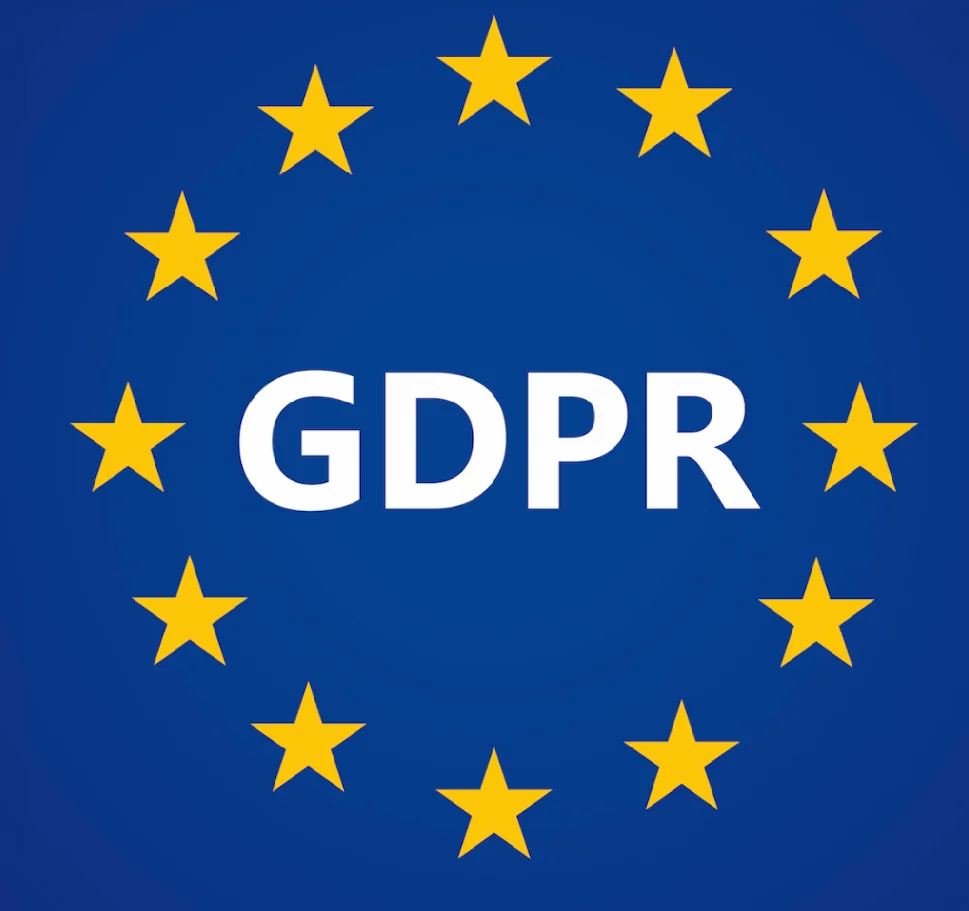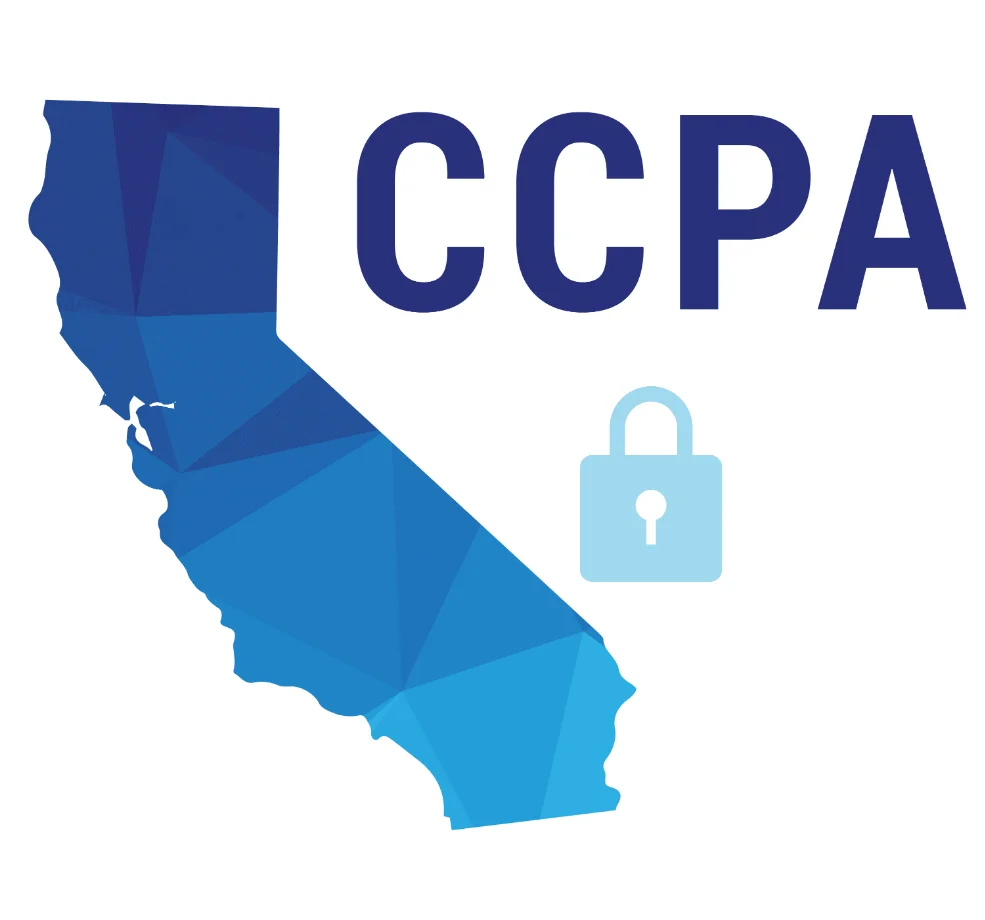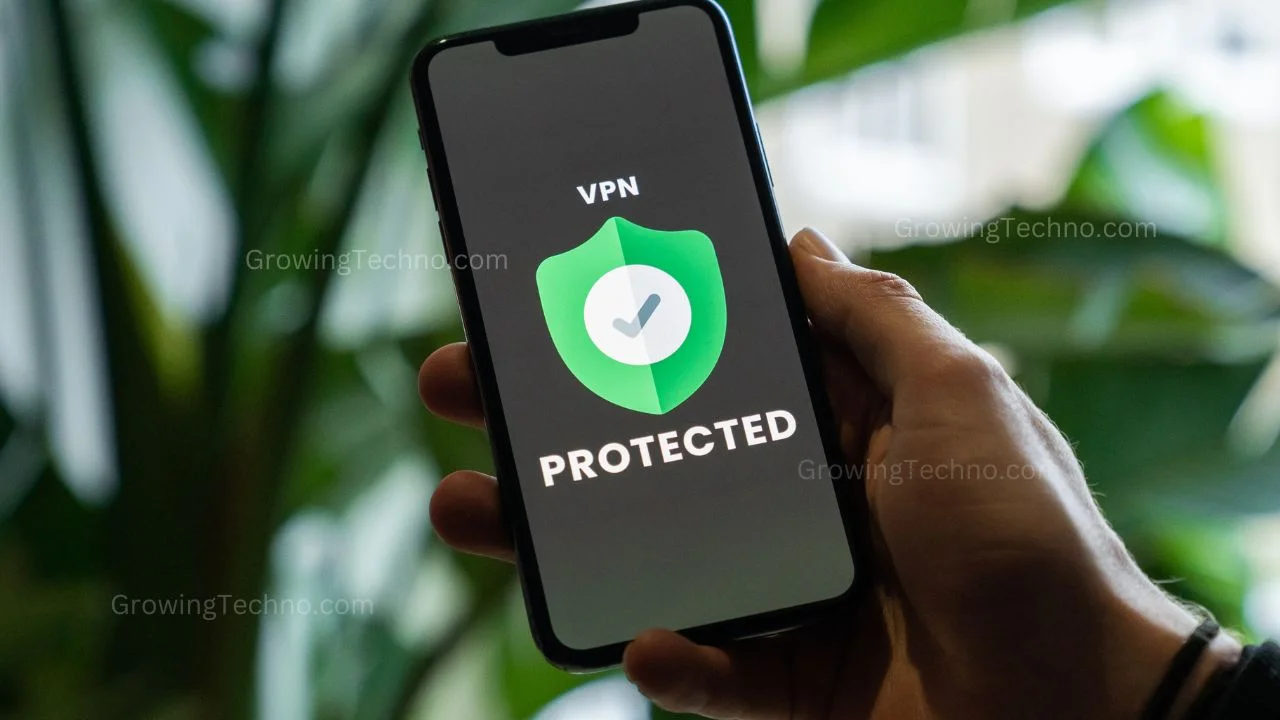
In an increasingly digital world, protecting sensitive data has become paramount. Organizations must implement robust data privacy practices to safeguard confidential information and maintain customer trust. This article explores essential data privacy best practices to help you fortify your data protection strategies, including data encryption, secure data storage, user access controls, employee training, and regulatory compliance.
Data Encryption:
Data encryption is a fundamental practice that ensures information remains confidential even if it falls into unauthorized hands. Utilize strong encryption algorithms to encode sensitive data during storage, transmission, and processing. Implement end-to-end encryption for communication channels and enforce encryption protocols for sensitive documents and databases. Encryption provides an additional layer of security, making it significantly harder for attackers to access and misuse your data.

Secure Data Storage:
Storing data securely is crucial to prevent unauthorized access and data breaches. Employ secure data storage practices, such as utilizing encrypted databases and secure cloud storage solutions. Regularly patch and update your systems to address vulnerabilities. Implement robust authentication mechanisms and access controls to restrict data access to authorized personnel only. Regularly monitor and audit data storage systems to detect and respond to any suspicious activities promptly.
User Access Controls:
Establishing strict user access controls is essential to prevent unauthorized access to sensitive data. Implement strong password policies, including password complexity requirements, regular password updates, and multi-factor authentication. Assign access privileges based on the principle of least privilege, ensuring that users only have access to the data necessary for their roles. Regularly review user access permissions and promptly revoke access for terminated employees or those who no longer require it.
Employee Training and Awareness:
Employees play a crucial role in maintaining data privacy. Conduct regular training sessions to educate your staff about data privacy best practices, including secure data handling, phishing awareness, and incident reporting procedures. Foster a culture of data privacy and create awareness about the potential risks associated with mishandling data. Encourage employees to report any suspicious activities promptly to minimize the impact of potential breaches.
Regulatory Compliance:
Complying with relevant data protection regulations is vital to maintaining data privacy. Stay informed about applicable regulations, such as the General Data Protection Regulation (GDPR) or the California Consumer Privacy Act (CCPA), and ensure your data privacy practices align with their requirements. Regularly review and update your privacy policies, consent mechanisms, and data handling practices to comply with evolving regulations. Consider appointing a data protection officer to oversee compliance efforts and stay updated on any changes in the regulatory landscape.


Conclusion:
Data privacy is a critical concern for organizations today. By implementing data privacy best practices, including data encryption, secure data storage, user access controls, employee training, and regulatory compliance, you can strengthen your data protection strategies and safeguard confidential information. Prioritize data privacy in your organization to build trust with customers, mitigate the risks of data breaches, and ensure compliance with relevant regulations. By adopting these best practices, you can foster a culture of data privacy and maintain the confidentiality of your valuable information.
Found this helpful? Share the wisdom!










